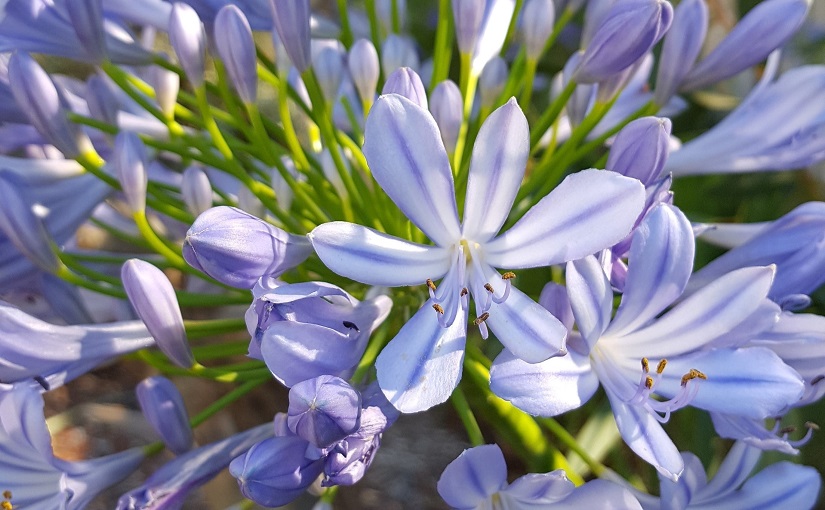In all of life, there are ties that bind us. All these contracts, commitments or relationships that remind us how we’re connected with other beings or organisations. Any form of agreement, though, is effectively just a legal solidification of intentions; setting out obligations and expectations more clearly for both sides.
There are those relationships we’re born into, such as family, country or generation. Then, the sense of agreement that often runs alongside those things: ideas of duty, respect, responsibility; of forging ties and developing those relationships, simply by way of our existing within them. Society itself can traditionally be seen as such a contract, a set of rights and obligations we benefit from but essentially didn’t ask for or actively agree to.
Every area of life’s conceivably made up of these invisible agreements that sustain, enrich, support or, perhaps, aggravate us. Theoretically, we stand in relationship to everything else (see Notes One). Some things stand ‘below’ us, offering warmth, food, shelter, and other natural resources. Some approach, to stand closer alongside us as companions, friends; or seek to place themselves ahead, as leaders.
We might look at that in terms of nature, with all its systems, interactions, and bi-products so essential to our existence; or, we could look to society and all the ways our lives and activities intersect to build up or strain apart shared realities (Notes Two). It just seems all of life’s comprised of such connections, everything touching in on everything else and sparking these long chains of causality among us all.
What does that mean? Is there value in seeing life as being, in every direction, connected? In taking time to explore how each of our words, attitudes and choices filters out through reality that way, leading to countless repercussions, impacts and related consequences? If we’re these points of understanding, reflection and decision, then surely, in some way, everything passes through us?
It’s something so vast to think about: how each of us is the centre of our own personal ‘web’ of understanding and action. That we all stand within these relationships to others and the world, our choices actively shaping those realities as we let some things go but insist on keeping hold of others (Notes Three). There’s a lot of responsibility there, quite a burden to the idea that that’s where we stand.
Even just looking to human relationships, there’s this sense in which all our communications directly impact those around us. Careless words or attitudes, hasty judgements or reactions all fire off into the lives of others; perhaps becoming their view of themselves, their worth through your eyes, the reflection the world in general offers them as a human being (Notes Four). It’s powerful stuff, when you think about it too deeply.
And it seems like a reality that’s ‘true’ whether or not we’re aware of it: we might create such impacts through ignorance, disregard, or an imperfect understanding of what’s going on. Where we go from that point is an interesting question.
Notes and References:
Note 1: Interdependency
Note 1: Ideas that tie things together
Note 1: Some thoughts about ‘life’
Note 2: If society’s straining apart, what do we do?
Note 2: How important is real life?
Note 3: The philosopher stance
Note 3: What we bring to life
Note 3: The need for discernment
Note 4: The dignity & power of a human life
Note 4: Conversation as revelation

